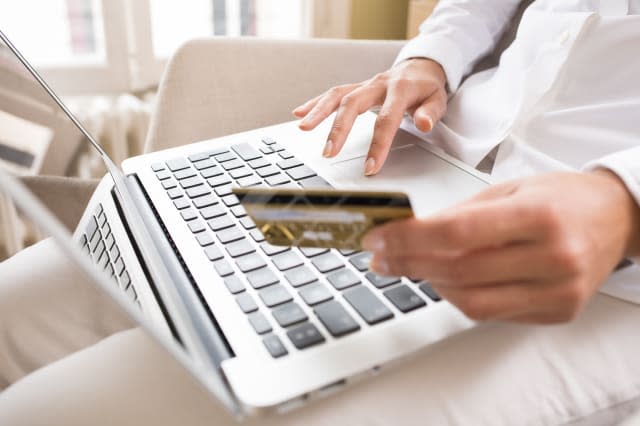Paperless statements cause an expensive nightmare

Companies love paperless billing and statements, because it saves them a small fortune in printing and postage. We're sold the idea because it's apparently going to save us from the paperwork and bring order and calm to the world of bill paying (and we may also get a discount if we accept it). In reality, however, it has proven a nightmare for thousands of people.
USwitch says that most credit card users now have paperless billing, so it investigated the impact - and discovered that one in six people have missed a payment in the last six months because they didn't get a paper bill - and ended up paying fines as a result.
This isn't just an expensive pain in the neck: if it happens frequently, late payment will start to damage your credit record, and make it hard to borrow money in future - including getting a mortgage.
Why?
Part of the problem is that people have not got to grips with the technology. A third of people say they haven't been able to access their online account - while one in ten have forgotten their password, so haven't a clue about their balance.
Others just don't get round to it, so that when they finally remember to view their statement online, one in five said their balance was higher than they expected, and one in eight have been confronted with an unexpected bill.
This problem isn't confined to credit card holders. The Keep Me Posted Campaign found that 41% of people think they would be more likely to miss a bill if it was delivered electronically.
What can you do?
The easiest way to ensure you never miss a bill is to pay by direct debit, so that whether you get around to checking your account online or not, your bill will be paid on time. The trouble is that while this works fine for things like utilities (which are designed to be the same each month), we need to know about other more variable bills - like credit cards - well in advance, or a surprise direct debit could cause serious damage to our finances.
If you can access your account, make sure you are signed up for email notifications, which should prompt you to look at your bill when it's ready - so you have plenty of warning of each payment.
If you can't access your account because you have forgotten your passwords, go straight into them right now, and click to reset them. This will take five minutes and will transform the visibility of all your finances.
USwitch is calling on providers to offer effective apps to make it easier to understand what we owe, but in the interim, it also pays to see what apps are available and download them. At the moment over half of those with paperless statements have never checked their credit card balance through a smartphone, but with a notification from an app, this would be a simple and speedy way to stay on top of your bills.
Of course, this isn't going to work for everyone. The Keep Me Posted Campaign points out that 5 million households don't have internet access, and 16 million people don't have basic online skills - so some people simply need paper bills.
The campaign is particularly worried about the additional charges being brought in for paper bills - punishing people who are not online. It wants to see every company give people a free choice of how they would like to be billed.
However, if you are never going to get to grips with online billing, then it may be worth paying for paper bills. You'll need to check the associated charges first - and weigh them up against any charges or inconvenience you have suffered from missing paperless bills. On balance, for some, paper is a more cost-effective approach.
So what do you think? Would you pay for paper? Let us know in the comments.





